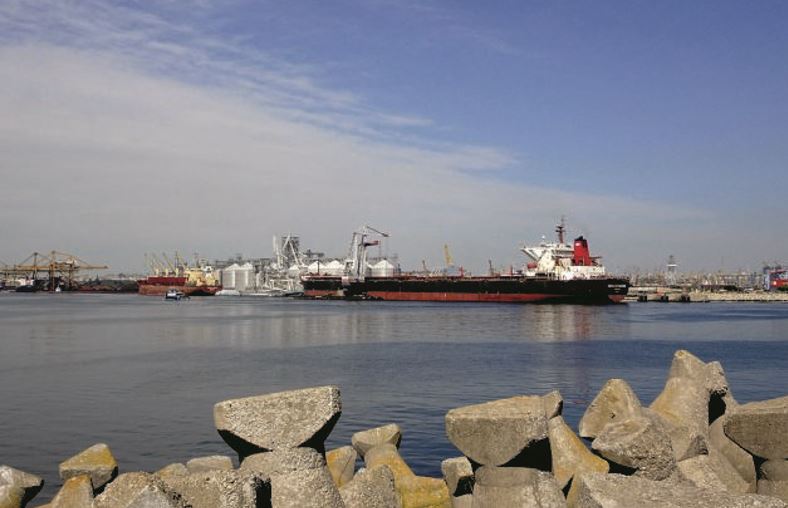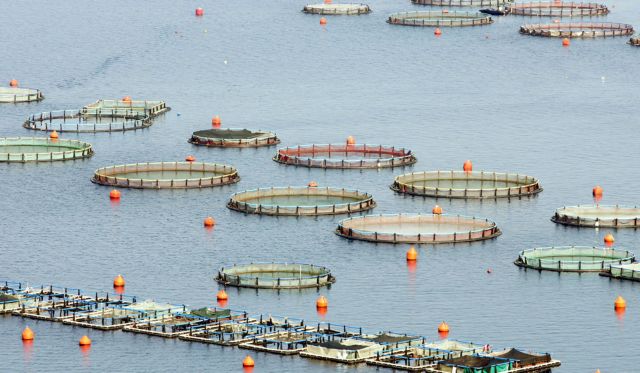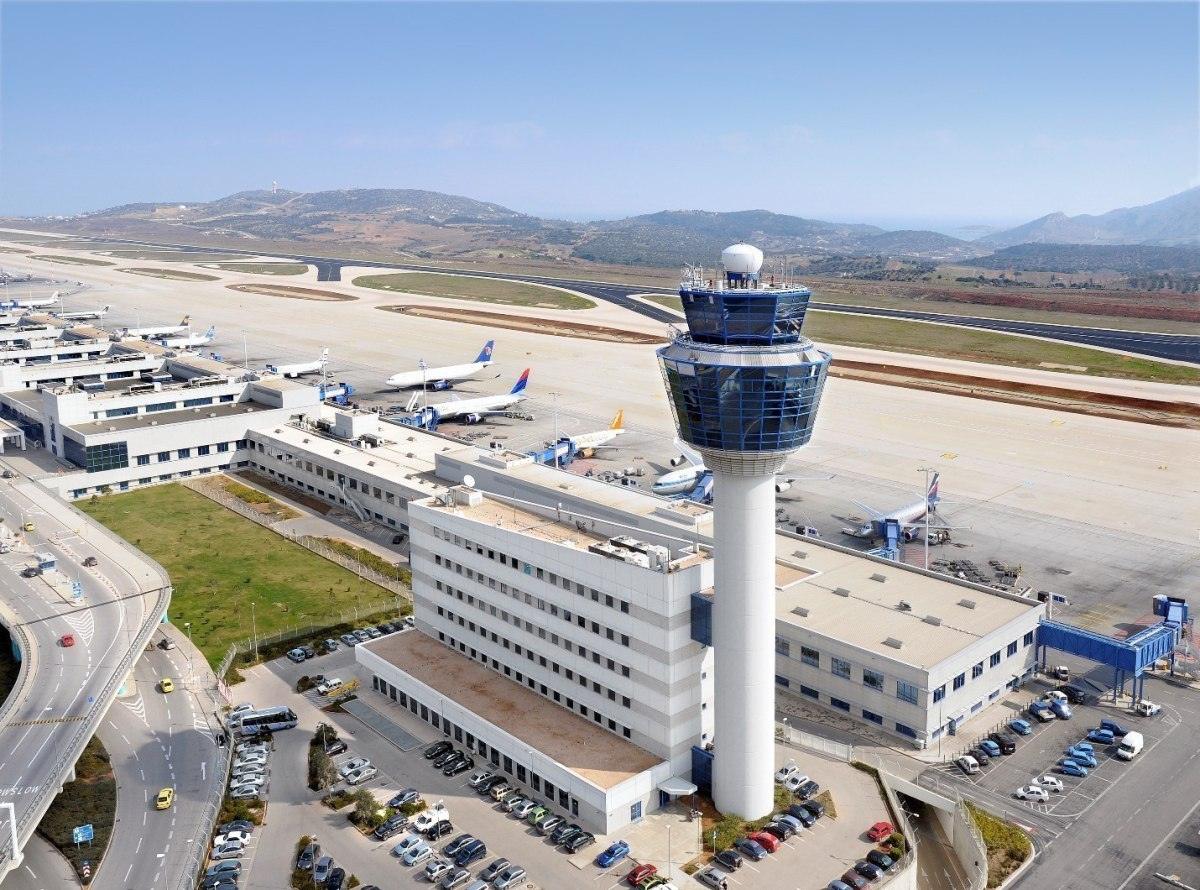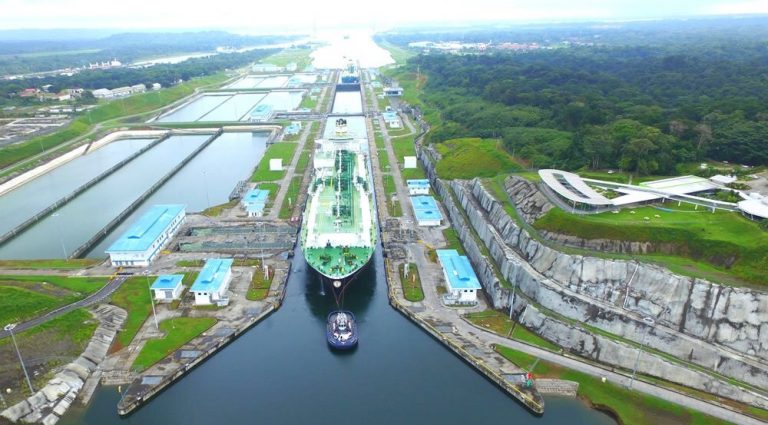The course of many maritime industries, and especially that of European maritime forces, is closely intertwined with geopolitical crises. In the field of maritime transport, before and since the era of motorised shipping, the famous –as well as relatively odious– expression “every crisis is an opportunity” finds one of its best applications in the case of maritime transport.
Replacing sources of supply of essential raw materials or primary energy sources, something that geopolitical crises usually entail, sets new patterns of maritime trade and may have numerous causes where applicable. Exclusions –total or partial– of once traditional trading partners, a war situation with one or more of them, the refusal of exports from a former partner (embargo), or the prohibition of imports due to sanctions –everything we are experiencing currently – are not modern at all but rather very traditional phenomena. Similar geopolitical crises in the past, such as the Napoleonic wars two centuries ago, also created the opportunity for the accumulation of profits from a section of Greek shipowners.

Dr. Helen A. Thanopoulou, is Professor in the University of the Aegean, at the Department of Shipping, Trade and Transport
This is a conjuncture that allowed –in a more direct way than is generally believed– the financing of the Greek Revolution of 1821, two hundred years ago, but also the maintenance of British sovereignty at sea over the next 100 years at least. The geopolitical crises of the 20th century –dramatically culminating in the two World Wars– also functioned on two levels. The first was concerned with capacity losses with a tragic dimension, that of human life. The second was to maintain the need to carry out the necessary transports that were urgent and literally part of that of “life and death” in these circumstances.
The geopolitical crises of the post-war era, such as that of the Korean War in the early 1950s, were more about the second level and, thus, their impact on shipping markets was ultimately positive. However, the most negative –in relation to its effects on maritime shipping markets– geopolitical crisis in a time of non-general conflict (and the beginning of the corresponding international economic crisis that followed) was that of Yom Kippur’s war in the autumn of 1973, which triggered the first oil shock before the Iranian revolution brought the second one in the late 1970s.
In very classic ways –such as the initial oil embargo faced by western and other countries by key members of OPEC (Organisation of the Petroleum Exporting countries)– and with the surge in the price per barrel that followed, the tanker market took two hits from which, despite the rapid return of oil flows to the original traffic figures, it did not really recover until about the mid-1980s. And that was once more due to another geopolitical crisis that had already begun – the conflict between Iran and Iraq that led to a long and bloody war.
However, the decline in world tonnage observed following the beginning of the 1980s had a –fortunately– bloodless cause, mainly as a result of the forced dismantling, even of young tankers, in the conditions of the charter market. However, the geopolitical crises also have significant indirect effects on maritime markets. In the long term, the risk management of the supply of energy sources by major importers has completely changed their position as such: a classic case is that of America, which from a major source of demand for crude oil imports found itself in the position of a net exporter – following the repeated and long-standing involvement in the Middle East and the intensive attempt to exploit shale oil. Thus, it was its own unabsorbed production that led to the unprecedented negative oil price at the beginning of the pandemic, in the spring of 2020, leading in turn to an upstream explosion of the tanker market.
The continuation was, certainly, not excellent for the latter and if the well-known adage “War is our genesis…” by Heraclitus seems to fit quite well as a description of maritime turbulence in many periods of geopolitical crises, the other saying –and probably most famous– of the Ionian philosopher seems to prevail: “Everything flows, nothing stays the same.” The current geopolitical crisis in the Black Sea and at the borders of the European Union also finds shipping markets on a fluctuating path, as possible developments in the ever invisible future are explored. Already, phenomena such as the loss of human life from attacks on merchant ships bring back memories of past eras –even though they are not accepted as current scenarios– the repetition of which cannot be ruled out.
The final impact on crews and ships, carriers, shippers and consignees of cargoes will, as usual, become the subject of cool-headed assessments by maritime historians and economists long after the end of this sad adventure of humanity. With caveat, of course, humanity will survive through this geopolitical crisis and its ramifications in some recognisable form…
















![Επαγγελματικά ακίνητα: Στα ύψη οι τιμές ενοικίασης – Οι περιοχές [πίνακες]](https://www.ot.gr/wp-content/uploads/2025/12/graf-1024x551-1.jpg)




















